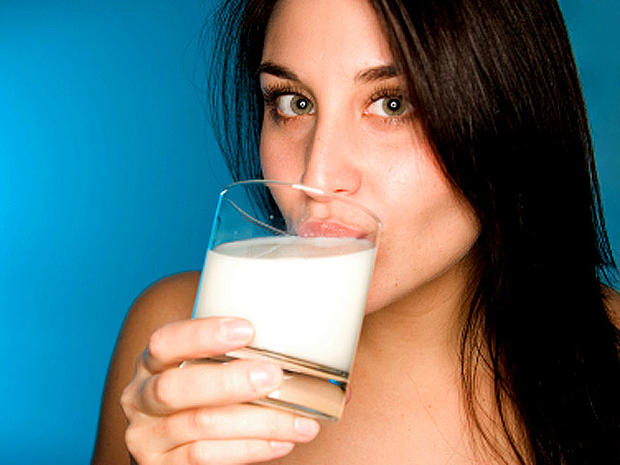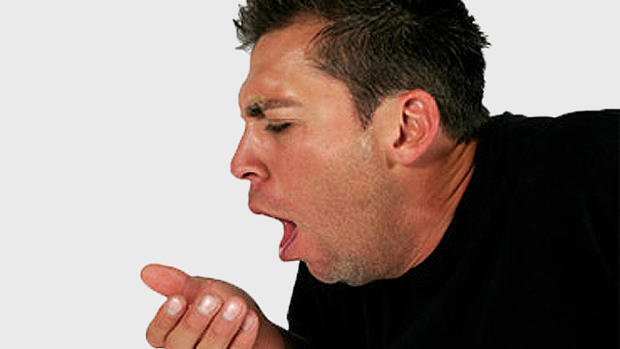CDC: Raw milk to blame for most dairy-related disease outbreaks
(CBS) Are you a raw milk drinker? According to a new study from the Centers for Disease Control and Prevention, there's a good chance you might get sick.
10 dangerous but common food safety mistakes
The study found rates of dairy-related disease outbreaks caused by raw milk are a whopping 150 times greater than rates of disease outbreaks from the pasteurized stuff.
"While some people think that raw milk has more health benefits than pasteurized milk, this study shows that raw milk has great risks, especially for children, who experience more severe illnesses if they get sick," study co-author Dr. Barbara Mahon, deputy chief of CDC's enteric diseases epidemiology branch, said in a written statement.
The Food and Drug Administration already warns that raw, or unpasteurized, milk can contain harmful bacteria. But dairy farmers say demand is growing because of concerns about hormones in traditional dairy products.
For the study, CDC researchers reviewed all dairy-related outbreaks in the U.S. between 1993 to 2006. They found 121 disease outbreaks caused by dairy, which led to 4,413 illnesses, 239 hospitalizations and three deaths. But the researchers found that 60 percent of the outbreaks were caused by raw milk products, which also include cheese and yogurt. Also, nearly all the hospitalizations (200 of 239) were in those sickened by raw milk. These dairy-related outbreaks occurred in 30 states, and 75 percent of the raw milk outbreaks occurred in the 21 states where it was legal to sell raw milk products at the time.
"The states that allow sale of raw milk will probably continue to see outbreaks in the future," Dr. Robert Tauxe, director of the CDC's division of foodborne, waterborne, and environmental diseases, said in the statement.
Food Safety News reports that the differences in illness severity between raw and pasteurized milk are due to the pathogens found in each. People who get sick from raw milk typically ingest injurious bacteria like Salmonella or Campylobacter, while pasteurized milk outbreaks more often result from more mild pathogens, such as norovirus.
The study, that's published in the Feb. 21 issue of the Emerging Infectious Diseases, also found children under 20 were "disproportionately affected" by diseases linked to raw milk.
Mahon warns, "Parents who have lived through the experience of watching their child fight for their life after drinking raw milk now say that it's just not worth the risk."
Earlier this month, an outbreak of campylobacter infection tied to raw milk from Family Cow farm in Chambersburg, Pa., sickened at least 77 people.
Family Cow's owner thinks raw milk is unfairly targeted compared to sources of other recent outbreaks.
"Raw milk didn't make people sick, campylobacter did," Edwin Shank, who co-owns the Family Cow dairy, told Bloomberg. "That's an important distinction. Whenever its raw milk, people want to vilify raw milk and say don't drink it. They don't say the same thing about cantaloupe or spinach or peanut butter."
For those who prefer the "farm-fresh" taste, is there a way tell if your raw milk is safe?
According to the CDC, there's not, since consumers won't be able to tell from looking at, smelling, or tasting it. Even under the cleanest conditions, the CDC warns, raw milk can include unhealthy bacteria. It recommends choosing milk that's pasteurized, or heated until all the bacteria is killed off and can't multiply.
The CDC has more on food safety and raw milk.

